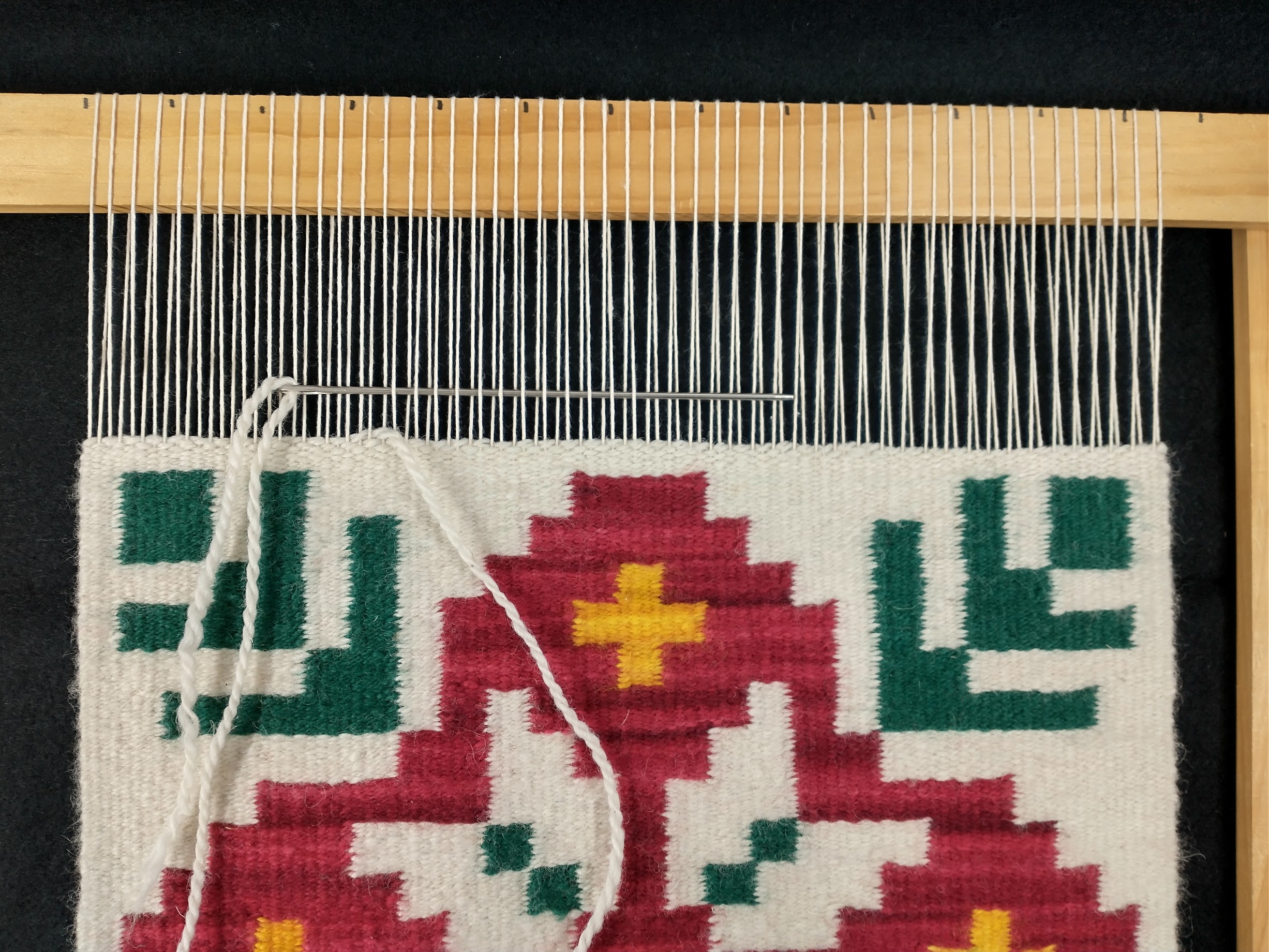- This topic is empty.
-
AuthorPosts
-
-
09/26/2023 at 7:25 pm #4762
 Laura BerlageKeymaster
Laura BerlageKeymaster I know you want your students to learn what you have to teach, to put into practices the techniques that you demonstrate, and to get it “right.” In an in-person class, you are able to roam about the room and see student work up-close, as well as help students fix problems. Neither of these are as easy to do online, and physically “fixing” a student project is not an option at all.
I know you want your students to learn what you have to teach, to put into practices the techniques that you demonstrate, and to get it “right.” In an in-person class, you are able to roam about the room and see student work up-close, as well as help students fix problems. Neither of these are as easy to do online, and physically “fixing” a student project is not an option at all.For some instructors, this becomes an insurmountable hurtle. They want students to get it “right,” which therefore illudes to there being outcomes that are “wrong.” I would like you to take a moment to step back from this severe duality and consider a softer approach.
If a softer approach is not an option for you, then you will find teaching online frustrating beyond repair. So, take a moment to consider this pearl before jumping straight to judgment.
I take plenty of time in my classes to talk about process discipline and learning good technique. They can break the rules better when they know what they are. I want them to develop the skills to be their best, but I stress that there is no substitute for practice, and we all get better with practice. I also take time to explain that precision can be learned and practiced, but perfection is unnatainable for mortals and just makes us miserable.
I also remind myself that some of my students are here to really learn this medium or technique, but some of them are here for more social reasons. They aren’t going to be the next tapestry mavens or punch needle primadonnas, and that is ok. Even trying out something and not being very good at it will help them gain greater appreciation for what it takes to create beautiful pieces in that medium. Respect for a medium is an entirely valuable learning outcome. Making mistakes and learning what to do differently next time is a legitimate learning outcome. Learning to love a medium and being expressive is also valid.
Instead of focusing on the product, the “thing” of the class, choose to focus on the process–the journey.
It will be hard to see student work. You can encourage them to take pictures and screen share them or send them to you in emails. You can encourage them to hold up their peice to their camera. Some folks have crappy tech on their end, poor lighting, or are not inclined to share their work in class or with you at all. At first, I found this irksome and tried to focus on workarounds, but this ended up pushing students farther away rather than helping them.
I really had to sit with WHY it was bothering me, and was that an issue with me or was it truly for my students. The hard truth was that it was an issue with me, with my sense of wanting control over the outcome of what my students were creating. Once I could verbalize this, I could see that I was getting in the way and I needed to let go. If a student really wants help doing the project better (and you make space for that), they will make that known. If that’s not why they’re there, forcing expectations of performance on them is actually cruel. You won’t see that student again in your class.
This can be hard for us to swallow, but I really encourage you to sit with this deeply. You are intersecting your students’ lives in very different places, coming up against stories and trials you don’t even know (or don’t know yet). Maybe this person is battling cancer or that person just lost a beloved pet. Expecting project performance, even demanding it, is not what this work is really about. Not on Zoom. It just isn’t possible in a kind way.
Instead, meet your students where they are, invite them into a new world, model what you wish to see, and encourage them along the way. Not all of them can follow, and you get to do the work of being ok with that.
I can think of at least one student who takes lots of classes, never finishes her projects, and isn’t very skilled. She’s extremely socially shy and almost never turns on her camera. Why does she come back? Because she knows I’m able to accept her warmly as she is, and that this is a valued part of her social life. She’s housebound and self-conscious about her image, and I don’t make a point of forcing expectations on her. This allows her to flourish within the class environment to the best of her current abilities, and that experience is valuable to her. Why would I take that away and try to force or shame her into being something else?
Model what you wish to see. Let go of policing the results. It’s not always easy, but it’s important for thriving in an online classroom.
Thoughts and questions?
-
-
AuthorPosts
- You must be logged in to reply to this topic.
